9 Research-Backed Supplements to Reduce Arterial Plaque
Discover the 9 Best Supplements for Arterial Plaque According to Scientific Research
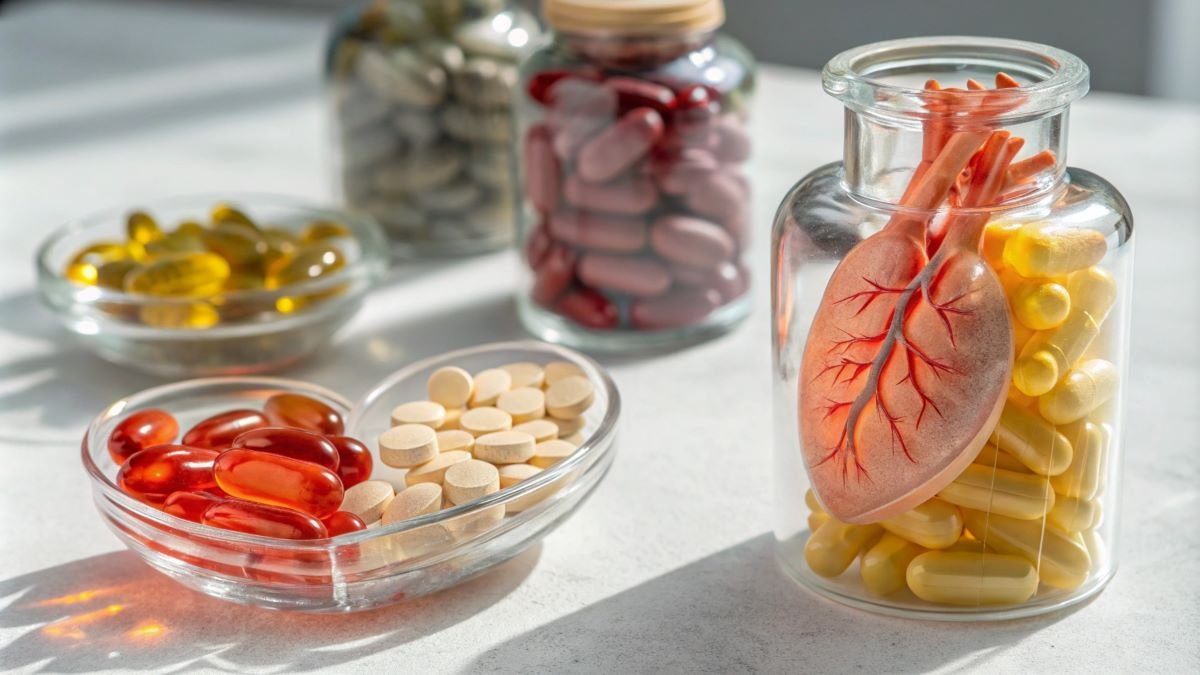
In this post, we will explore some supplements that may help improve heart health and reduce the buildup of plaque in the arteries. Recent studies have highlighted three main supplements: Pycnogenol, Berberine, and Natokinase.
These supplements have been found to help with blood flow, lower cholesterol levels, and even shrink plaque in the arteries. This information opens up new possibilities for treating a condition known as atherosclerosis, which can lead to heart problems.
In this article we’ll take a closer look at how these supplements might support better cardiovascular health according to scientific research.
But first, let’s briefly talk about atherosclerosis.
What is Atherosclerosis and why arterial plague is formed?
Atherosclerosis is a form of arteriosclerosis. It is a condition where fatty substances, cholesterol, calcium, and other materials build up in the walls of our arteries. This buildup narrows arteries and blood finds it difficult to pass which caused serious heart problems.
It all starts when the lining of the arteries gets damaged, and this can happen for several reasons, like having high cholesterol, high blood pressure, excessive salt or smoking.
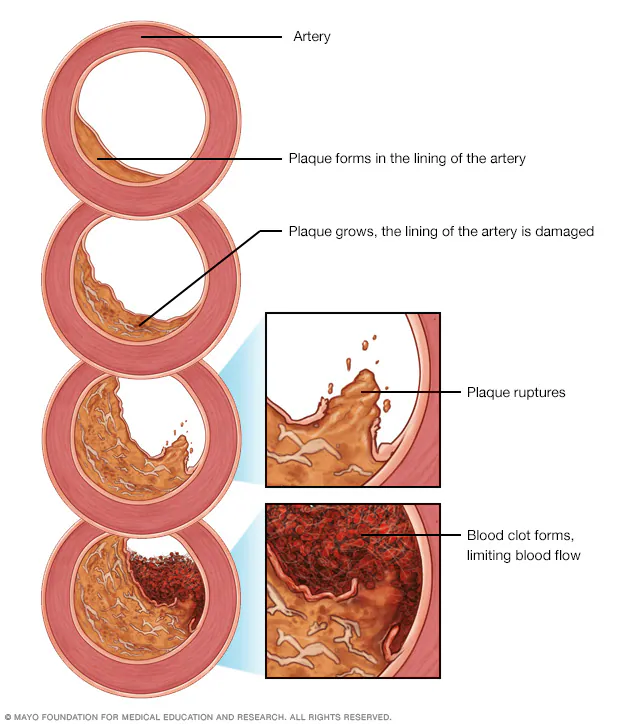
When arteries get damaged, the body tries to fix them by sending special cells called macrophages to the damaged area.
These cells are a type of white blood cell that usually protect the body by cleaning up harmful substances. However, in this case, they collect a type of bad cholesterol called oxidized LDL. As they absorb this cholesterol, they transform into foam cells, named for their foamy appearance under a microscope.
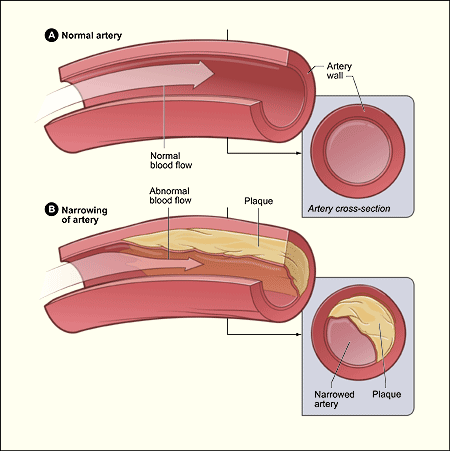
Over time, these foam cells pile up and create a sticky substance called plaque. Plaque has a soft, fatty center, a hard outer shell, and sometimes bits of calcium. As the plaque builds up, it makes the artery narrower, so blood has a harder time passing through. This can lead to serious problems like blood clots or heart issues.
Best Supplements for Arterial Plaque
Now that we’ve understood what atherosclerosis and how arterial plague is formed, let’s talk about the supplements for arterial plague and where to get them.
| Substance Name | Benefit | Recommended Amount |
|---|---|---|
| Pycnogenol | Slows plaque buildup, improves blood vessel function | 100-200 mg daily |
| Gotu Kola | Reduces plaque progression, especially when combined with Pycnogenol | Combined with Pycnogenol as advised. |
| Berberine | Lowers cholesterol and triglycerides, reduces plaque | 500-1500 mg daily |
| Nattokinase | Reduces plaque size and thickness | Minimum 6000 FUs daily |
| Garlic | Reduces calcium buildup, lowers blood pressure, and improves blood flow | 2400 mg aged garlic extract daily |
| Vitamin K2 | Prevents calcium buildup, may shrink plaque | 100-2000 mcg daily |
| Magnesium | Balances calcium, reduces inflammation, slows calcium buildup | 420 mg daily (e.g., magnesium oxide) |
| Coenzyme Q10 | Shrinks and stabilizes plaque, supports heart function | Dose varies; often combined with statins |
| Omega-3 Fatty Acids | Reduces plaque and inflammation, improves arterial function | Found in fish oil supplements; dose varies |
1. Pycnogenol
Pycnogenol (pic-noj-en-all), is a natural supplement founder under the bark of French maritime pine trees. It is patented by Horphag Research Ltd. Recent studies show it may help slow down the buildup of plaque in our arteries, which is important for heart health.

In a study from 2015, researchers looked at 824 people aged 45 to 60 who had a type of artery problem called stenosing atherosclerotic plaque. The results were interesting: those who took 100 mg of Pycnogenol every day for about 3.5 years didn’t see any increase in plaque.
In contrast, those who took lower doses or none at all had more than 1% increase in plaque.
Moreover, another study in 2012 involved people with stable coronary artery disease. Those who took 200 mg of Pycnogenol daily for eight weeks showed better blood vessel function.
This improvement suggests they might be less likely to develop more plaque.
WHERE TO BUY PYCNOGENOL: I recommend you buy Pycnogenol from British Supplements. It costs around $30 for 90 capsules and each capsule has 291mg of Pycnogenol in it. Make sure to take advantage of this exclusive British supplements discount.
2. Gotu Kola
Recent research has shown that Gotu Kola (Centella asiatica) may help slow down the build-up of plaque in our arteries.

In the same study from 2015, 400 people with a specific type of arterial plaque were divided into three groups. One group did not receive any special treatment, the second group took Pycnogenol, and the third group took both Pycnogenol and Gotu Kola.
All participants were also guided on how to live a healthier lifestyle.
The findings were promising. The group that took both Pycnogenol and Gotu Kola saw a significant decrease in the progression of arterial plaque and the move towards more serious health issues.
This suggests that these two supplements work well together in helping to manage conditions like atherosclerosis.
WHERE TO BUY GOTU KOLA: You can buy Gotu Kola from Nootropics Depot. They sell it in capsules (90ct. or 180ct.) and powder form (15 Grams or 30 grams). Nootropics Depot is one of the most trusted supplement companies in the world and one of the few we endorse.
3. Berberine
How does berberine, which comes from plants, affect atherosclerotic plaque? Research shows that berberine has protective benefits against atherosclerosis.
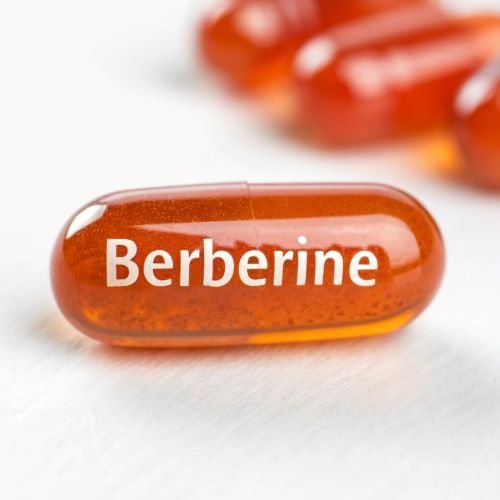
For instance, a 2021 study with 21 patients who already had atherosclerosis found that taking 500 mg of berberine daily for four months resulted in an average decrease of 3.2% in plaque scores.
Berberine is known to help lower levels of certain fats in the blood, like triglycerides and cholesterol, while also improving the function of blood vessels. It works by reducing the movement and buildup of certain cells that contribute to plaque formation.
Plus, berberine also affects the gut bacteria in a way that helps lower TMAO, a substance linked to atherosclerosis.
In addition, several clinical trials have demonstrated that taking berberine in doses between 900 to 1500 mg each day can lower total cholesterol, LDL cholesterol, and triglycerides when compared to a placebo. This means it can help slow down the progression of atherosclerotic plaque.
WHERE TO BUY BERBERINE: You can purchase high quality Berberine three places. Double Wood Supplements (60-day supply, $20 per bottle, 500mg per capsule), British Supplements (90-day supply, $40, 422.5mg per capsule) and Nootropics Depot (60-day supply, $35 per bottle, 550mg per bottle). Nootropics Depot uses Berberine Phytosome, which enhances bioavailability.
4. Natokinase
Natokinase is an enzyme found in a traditional Japanese food called natto, which is made from fermented soybeans. Research has shown that natokinase can be helpful in reducing the buildup of plaque in the arteries, which is important for heart health.

For example, in a study conducted in 2017 with 82 participants, those who took 6000 fibrinolytic units (FUs) of natokinase every day for 26 weeks saw their carotid plaque size and thickness decrease by 36.6%. This is a significant improvement compared to the 11.5% reduction seen in another group that took 20 mg of simvastatin, a common cholesterol-lowering medication.
Additionally, a 2022 study looked at the effects of higher doses of natokinase. It found that when people took more than 10,800 FUs each day, they experienced a much larger reduction in plaque size, between 66.5% to 95.4%.
However, a lower dose of 3600 FUs did not show any benefits. This suggests that to see meaningful improvements, it’s important to take at least 6000 FUs of natokinase daily.
WHERE TO BUY NATTOKINASE: You can buy Nattokinase supplement from Double Wood Supplements. A 60-day supply costs less than $20. Each dose has 200mg (4000FU) Nattokinase extract and nothing else. Make sure to check these exclusive Double Wood Supplements Discount Codes before your purchase.
5. Garlic
Garlic is a popular herbal food that offers many health benefits. It can help lower blood pressure, prevent blood clots, manage diabetes, and support heart health. These benefits have been backed by scientific studies and clinical trials involving people.
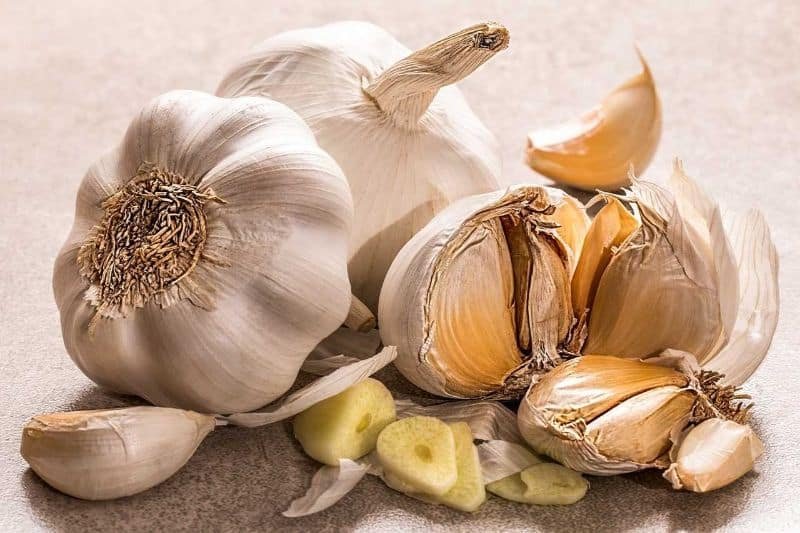
For example, research has shown that taking aged garlic extract (AGE), at a daily dose of 2400 mg, can stop the buildup of calcium in the heart arteries. It also helps reduce swelling, lower blood sugar levels, and decrease blood pressure, especially in those at higher risk for heart problems.
Additionally, aged garlic extract can improve blood flow, aid in the healing of blood vessels, and slow down the hardening of arteries by decreasing fat around the heart.
One of the key ingredients in garlic, called allicin, is particularly effective in reducing damage to the arteries and preventing heart disease by stopping the production of harmful substances in the body.
WHERE TO BUY GARLIC EXTRACT: You can buy clean, garlic extract in capsules form from British Supplements. A 90-day supply costs around $30. Each dose gets you 6,510mg (6.5mg Allicin) – which is the highest you can find online.
6. Vitamin K2
Vitamin K2 is a type of vitamin that dissolves in fat and is important for keeping our arteries healthy. It helps prevent the buildup of plaque in our arteries, which is great news for our heart health.
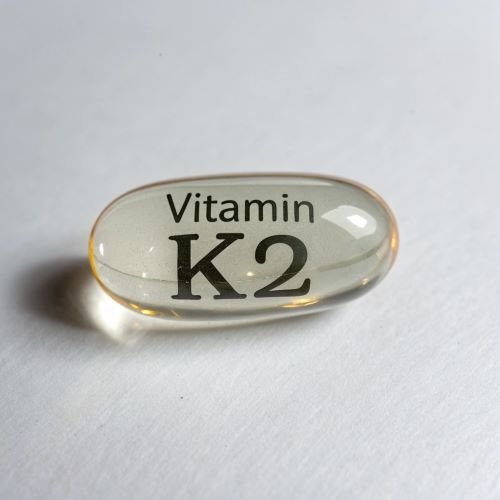
Research has shown that eating foods rich in vitamin K2 can lower the amount of calcium in the coronary arteries.
In a study from 2023, people who took 720 micrograms of vitamin K2 along with 25 micrograms of vitamin D3 each day saw signs that their plaque was starting to shrink, especially those with higher calcium scores.
Furthermore, a 2023 review study looked at 14 different trials and found that taking vitamin K could help slow down the buildup of calcium in the arteries.
The effective doses for this were found to be between 100 and 2000 micrograms of vitamin K2 MK7.
MK7 stands for “menaquinone-7.” This is a specific form of vitamin K2. MK7 is found in certain foods, especially fermented foods. For example, natto, which is a Japanese dish made from fermented soybeans, is very high in MK7. MK7 activates proteins that help move calcium. One important protein is called osteocalcin, which helps bind calcium to the bone. Another is matrix Gla-protein, which helps prevent calcium from building up in the blood vessels.
WHERE TO BUY VITAMIN K2 Menaquinone: Xtend-Life Supplements – another trusted supplements manufacturer that we at FoodNourish endorse – offers a 60-day supply of Vitamin D3+K2 menaquinone (4000 IU) at just $18.50. It’s the best deal you can get. Check this exclusive Xtend Life discount code for 15% OFF.
7. Magnesium
Magnesium is an important mineral with many health benefits that our bodies need. It helps balance calcium and reduce inflammation, which is vital for heart health.
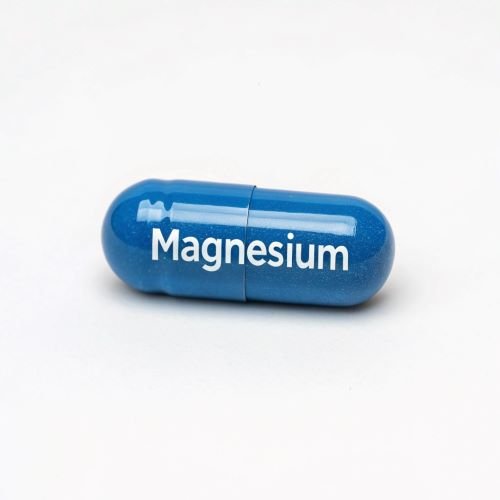
For example, a study from 2019 found that taking magnesium oxide supplements (507 mg daily for two years) helped slow down the buildup of calcium in the arteries of patients with chronic kidney disease, especially for those who already had high calcium scores.
Moreover, low levels of magnesium in the body or not getting enough magnesium from food can lead to more calcium buildup in arteries and thicker artery walls.
OPEN IN A NEW TAB: 35 Magnesium Deficiency Symptoms That Signal You Need More Magnesium Right Now
In fact, getting more magnesium (around 420 mg a day) is linked to a lower chance of calcium buildup and a reduced risk of heart problems over the next ten years. This shows just how important it is to make sure we consume enough magnesium for a healthy heart.
WHERE TO BUY MAGNESIUM: There are a lot of places you can buy Magnesium, and a lot of Magnesium supplements that we endorse. For example Magnesium Breakthrough by Bioptimizers, Marine Magnesium by Xtend-Life or Purality Health’s Liposomal Magnesium. I suggest you check our list with the 5 Best Magnesium Supplements With Max Bioavailability.
8. Coenzyme Q10
Coenzyme Q10, often called CoQ10, is becoming an important nutrient when we talk about heart health. It might help with problems like artery plaque and a condition known as atherosclerosis.
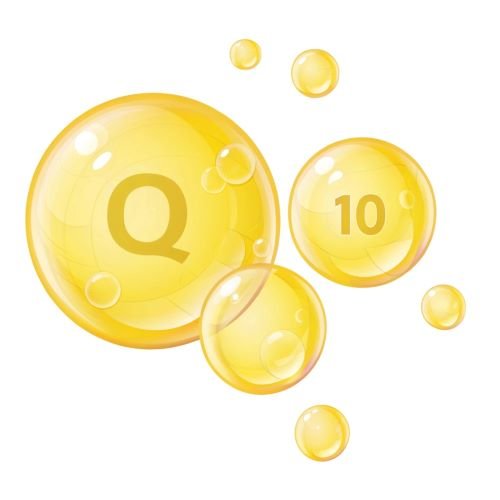
You see, CoQ10 has antioxidant properties, which means it can help reduce oxidative stress – a major factor that makes atherosclerosis worse.
Research shows that taking CoQ10 as a supplement might help shrink plaque size, reduce how often it occurs, and even make it more stable. This could lower the chances of serious heart problems.
Plus, CoQ10 helps our cells’ energy production, which can lead to better heart performance.
Clinical studies suggest that CoQ10 may protect the heart, especially for people with heart failure.
Also, when combined with statins (medications often prescribed for high cholesterol), CoQ10 might provide extra benefits against artery plaque beyond what statins can do by themselves. [1]
WHERE TO BUY COENZYME Q10: When it comes to CoQ10, I recommend (again) getting one from British Supplements. You get 100% clean, CoQ10, 60 capsules, 302mg per capsule for around $40 only.
9. Omega-3 Fatty Acids
Omega-3 fatty acids, which are mostly found in fish oils (sardines, tuna, salmon), have been widely studied for their potential benefits in heart health, especially regarding atherosclerosis and plaque buildup in arteries.
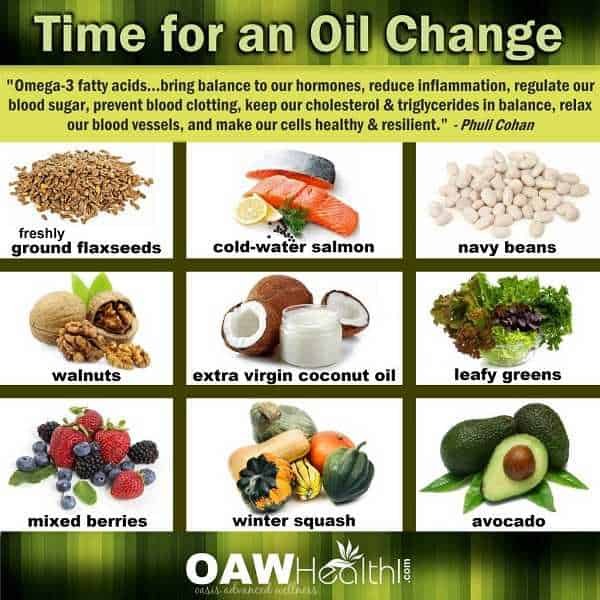
Research shows that these healthy fats can significantly reduce the amount of atherosclerotic plaques in the coronary arteries and help make those plaques more stable.
This means that omega-3s may change the makeup of the plaques by reducing the fatty parts and increasing the more stable fibrous parts, which lowers the chance of a plaque breaking apart.
Plus, omega-3 fatty acids can also help improve how our arteries function. They do this by reducing inflammation in the blood vessels and enhancing the function of the inner lining of the blood vessels. [3]
As a result, this leads to better blood flow and less stiffness in the arteries. These positive effects are mainly due to their ability to fight inflammation and influence how lipids are processed in the body.
WHERE TO BUY OMEGA-3 FATTY ACIDS: For Omega 3 supplementation, I suggest Xtend-Life’s Omega 3 / DHA Plus. It’s probably the only Omega 3 supplement with 700 mg of DHA per serving (and 300 mg EPA), and Omega 6 and Omega 9. Plus, it’s third party lab tested for purity and, Xtend-Life is among the few supplement companies that we endorse with closed eyes.
Conclusion
Research indicates that several supplements can effectively manage arterial plaque, including Pycnogenol, Gotu Kola, Berberine, Nattokinase, Garlic, Magnesium, Coenzyme Q10, and Omega-3 fatty acids.
These supplements work through various mechanisms to improve arterial health, such as enhancing blood vessel function, reducing plaque size, and preventing calcium buildup.
Adding these supplements into your treatment plan may provide significant benefits for individuals with atherosclerosis, highlighting the necessity of evidence-based, multi-faceted strategies for cardiovascular health.
What are your thoughts on these supplements? Have you had any experiences or questions regarding their use for arterial health? Would love to hear your thoughts in the comments section below.
Check Also
